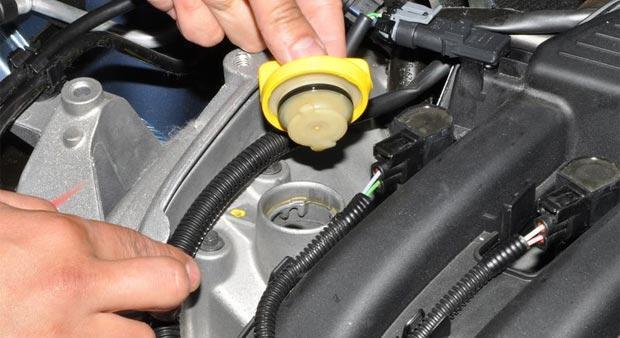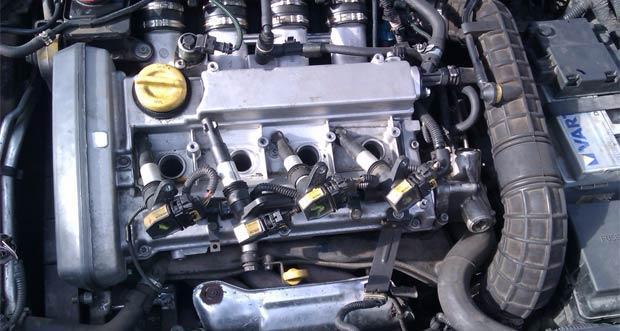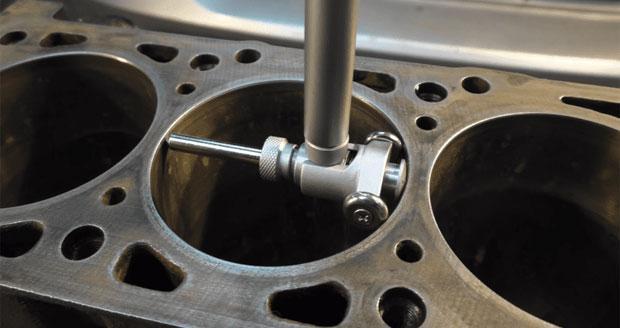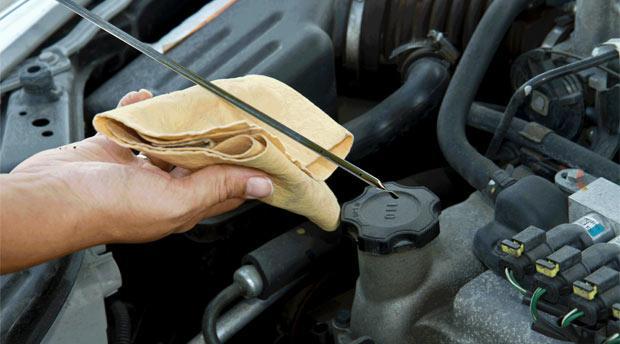
Why does engine oil smell like gasoline? Looking for reasons
Causes
If the engine oil smells like gasoline, there is definitely a malfunction in the engine, due to which fuel penetrates into the car's lubrication system. The oil itself, under no circumstances, will give off a fuel smell.
There can be several reasons for the appearance of a gasoline odor in the oil.
- Malfunction of the engine power supply system. On carburetor engines, improper needle and choke adjustment of the carburetor can result in excessive fuel supply to the engine. Failure to operate injectors will also result in overflow. Only a certain amount of gasoline (proportion equal to the stoichiometric ratio) can burn in the cylinder during the working stroke. The unburned part of the fuel partly flies out into the exhaust manifold, partly seeps through the piston rings into the crankcase. Long-term driving with such a breakdown leads to the accumulation of gasoline in the cylinders and the appearance of a characteristic odor.
- Ignition misfires. Defective spark plugs, a malfunction of the ignition timing mechanism, punctured high-voltage wires, wear of the distributor - all this leads to periodic misfires of gasoline. The unburned fuel during the working stroke partially enters the crankcase.


- Wear of the cylinder-piston group. During the compression stroke, if the cylinders and piston rings are severely worn, the fuel-air mixture enters the crankcase. Gasoline condenses on the crankcase walls and flows into the oil. This malfunction is characterized by low compression in the cylinders. However, with this breakdown, the process of enriching the oil with gasoline is slow. And the gasoline has time to evaporate and come out through the breather. Only in case of critical wear will a sufficiently large amount of fuel penetrate into the oil in order to smell the gasoline on the dipstick or from under the oil filler neck.
Pay attention to the oil level on the dipstick. The problem becomes serious if, in addition to the smell, there is an increase in the oil level. In this case, it is necessary to eliminate the cause of the malfunction as soon as possible.


Aftermath
Consider the possible consequences of driving with gasoline-rich oil.
- Decreased performance of engine oil. Any lubricant for an internal combustion engine, regardless of its quality level, performs many functions. When the oil is diluted with gasoline, some of the important properties of engine oil are critically reduced. First of all, the viscosity of the lubricant decreases. This means that at operating temperature, the protection of loaded friction surfaces is reduced. Which leads to accelerated wear. Also, the oil will be more actively washed off from the friction surfaces and, in general, it will be worse to adhere to the working surfaces, which will lead to increased loads on the contact spots when starting the engine.
- Increased fuel consumption. In some especially neglected cases, the consumption rises by 300-500 ml per 100 km of run.
- Increased risk of fire in the engine compartment. There are cases when gasoline vapors flashed in the engine crankcase. At the same time, the oil dipstick was often fired from the well or the gasket was squeezed out from under the valve cover. Sometimes damage after a flash of gasoline in the crankcase was of a more serious nature: a break in the gasket under the sump or cylinder head, breaking off the oil plug and the outbreak of a fire.


There are several ways to determine the approximate amount of fuel in gasoline. In the sense that the problem is serious.
The first and easiest is to analyze the oil level in the crankcase. For example, if the engine of your car has already consumed oil, and you are used to periodically adding lubricant between replacements, and then suddenly discover that the level is still or even growing, this is a reason to immediately stop operating the car and start looking for the cause of gasoline entering the lubrication system. Such a manifestation of the problem indicates an abundant ingress of fuel into the oil.
The second method is a drip test of engine oil on paper. If a drop instantly spreads as a greasy oil trail on a piece of paper over a large radius, 2-3 times larger than the area covered by the drop, there is gasoline in the oil.
The third way is to bring an open flame to the oil dipstick. If the dipstick flashes in short flashes, or, even worse, starts to burn even with short-term contact with fire, the amount of gasoline in the lubricant has exceeded a dangerous threshold. It is dangerous to operate a car.


Watch this video on YouTube
